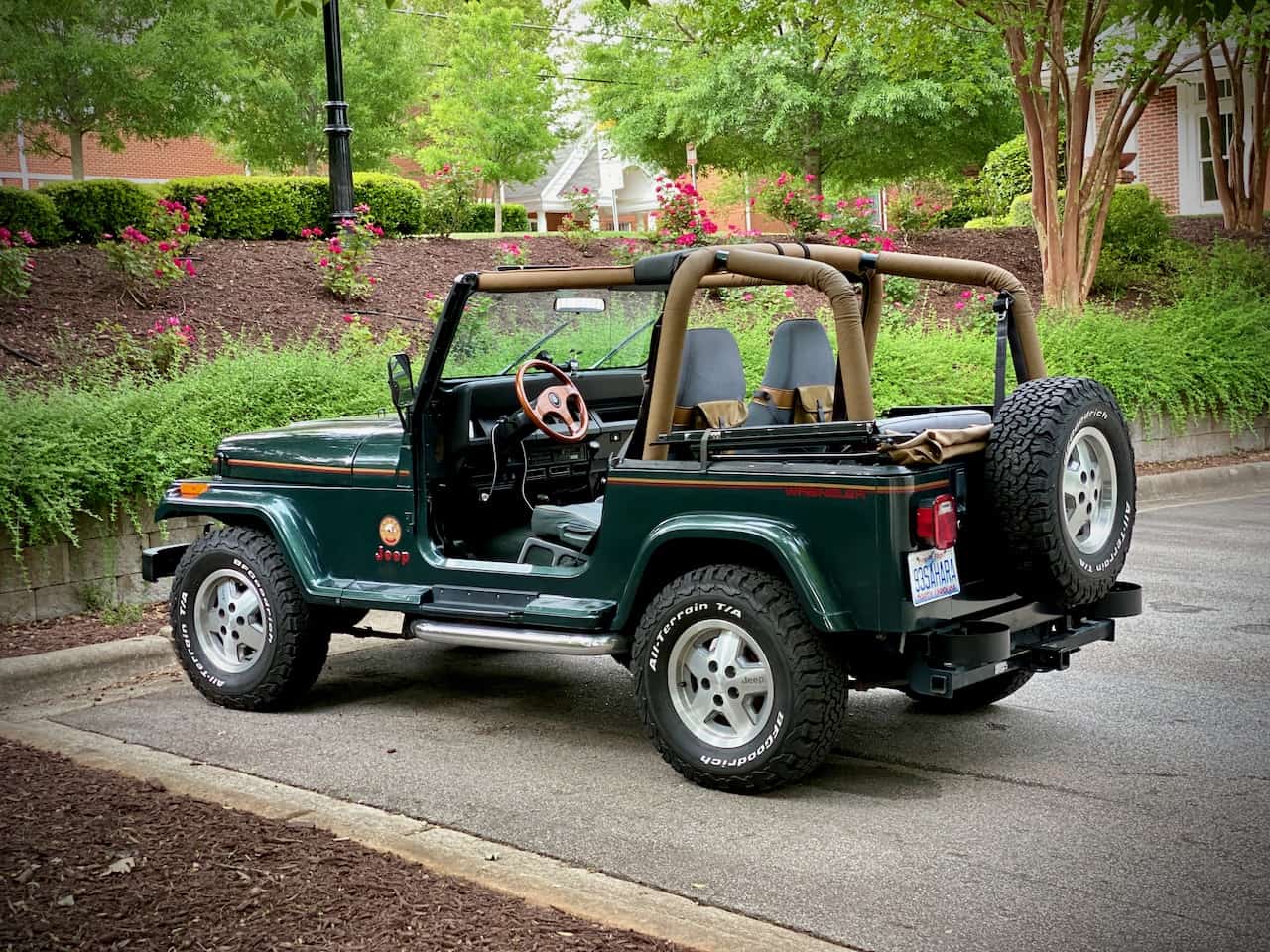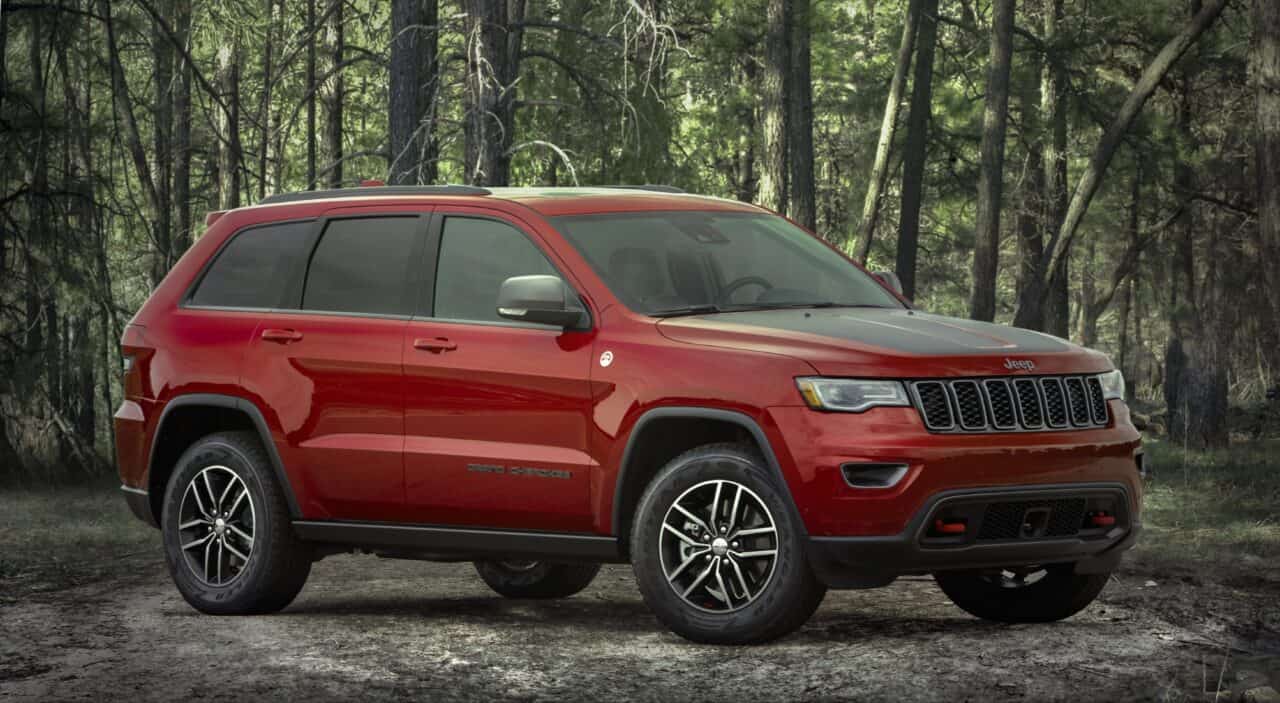Are Jeeps Good Investments? (Answered)
If you’re considering investing in a Jeep, you’ve come to the right place. Because Jeeps are so expensive, they might sound like a risky investment, but what’s the truth?
Jeeps are good investments. Jeeps retain their value for many years. Additionally, Jeeps appeal to buyers from various backgrounds because of their versatility. Jeeps are also great cars to resell since they do not depreciate quickly. Jeeps provide average reliability, making them a good investment.
So many factors influence whether or not you should purchase a car that it can be difficult to know where to start. This article will review the most important aspects of Jeeps as a car and as an investment.
How Long do Jeeps Last?
One of the main reasons that Jeeps are considered good investments is a Jeep’s life expectancy in years and miles. Vehicle life expectancy is one of the most important factors when investing in a vehicle. You should never spend too much money on a vehicle that is only going to run for another year or two.
Most new car owners dread the five-year mark. After five years of ownership, many vehicles start having some sort of problems. Jeeps don’t experience many problems within the first five years of ownership. Many Jeep owners have kept their vehicles running for 15 to 20 years.

The average mileage expectancy for Jeeps is 100,000 miles. While 100,000 isn’t that much, not all cars will even give you that. Remember, a well-maintained Jeep can drive much further than 100,000 miles; however, it may require several repairs to do so.
Some dedicated Jeep owners have kept their vehicles running for nearly 400,000 miles or so. While the range between 100,000 and 400,000 miles is quite broad, the average Jeep runs for 250,000 miles.
Jeep Gas Mileage
Jeeps average around 25 to 27 miles per gallon. More specifically, Jeeps average 20 to 24 miles per gallon in the city and 30 to 35 miles per gallon on the freeway.
This isn’t horrible gas mileage, considering that some cars get as low as 10 or 11 miles per gallon in the city and around 16 to 18 miles per gallon on the freeway. That being said, Jeeps are not the most fuel-efficient cars on the market.
Over about the past 20 years, Jeeps have shown increasingly improving gas mileage, though not by that much. Older model Jeeps averaged 15 to 18 miles per gallon in the city and 20 miles per gallon on the highway. Jeeps made in the past few years show about 5 miles per gallon increase for both of those rates.
Jeep Resale Value
Most vehicles can be resold for about 40 to 60 percent of their original value after three years of ownership. Meanwhile, Jeeps depreciate very slowly, meaning they can be resold at a higher price. Resale value for Jeeps is almost 70 percent of its original price after three years of ownership.
Even after five years of ownership, Jeeps can still be resold for more than half of their original purchase price.
That being said, Jeeps depreciate more than other vehicles do in the first year of ownership. While vehicles of other brands depreciate only 20 percent in their first year of ownership, Jeeps lose 25 to 35 percent of their original value in that same time frame.
However, in the following years, while other vehicles depreciate an average of 15 percent, Jeeps lose less than 10 percent of their original value.
One reason that Jeeps depreciate so slowly is due to their popularity and reliability. Learn more about these two factors in the following sections!
Why do people like Jeeps?
Jeeps are versatile vehicles, meaning that they appeal to a large audience, especially those interested in adventuring outdoors. Jeeps are built to be durable vehicles. Additionally, they have plenty of seating and cargo space, meaning you and your closest friends can go on group adventures comfortably.
One of the biggest plugs for Jeeps is their emphasis on freedom, something that appeals to consumers. Jeeps are advertised as cars that can get you wherever you want to go.
Additionally, owning a Jeep gives you access to a tight-knit community of other Jeep owners. Jeep owners share stories and go on adventures together.
What are the Most Reliable Jeeps?
Jeep Grand Cherokees are generally reliable Jeep SUVs. The 2021 Jeep Grand Cherokee received a reliability rating of 80 out of 100 from J.D. Power. This is considered an average reliability rating for SUVs.

The Jeep Grand Cherokee gets around 19 miles to the gallon in the city and 26 miles to the gallon on the highway. A Jeep Grand Cherokee can last up to 300,000 miles; however, with proper maintenance, the vehicle can last much longer.
The Jeep Compass is another reliable Jeep. The 2021 Jeep Compass received a reliability rating of 81 out of 100 from J.D. Power. This is considered a slightly above average reliability rating for SUVs. The Jeep Compass gets around 22 miles to the gallon in the city, and about 31 miles to the gallon on the highway. While this is lower than hybrid vehicles of other brands, it’s average for most Jeeps.
The Jeep Compass will likely last you around 200,000 miles, with proper maintenance. Most owners with Jeep Compass troubles report seeing issues soon after the car hits 100,000 miles.
Before investing in a Jeep, verify that the previous owner stayed up to date with routine maintenance. Additionally, if the Jeep in question has had any recalls issued for it, ask the seller if they had them addressed. It would also be wise to have a mechanic look over the Jeep before investing in it.
Jeeps retain their value well; however, if the Jeep has sustained significant damage while off-roading, you may want to look elsewhere.
You should also be on the lookout for problems common in Jeeps, such as TIPM failure. Keep in mind that Jeeps are slightly more expensive to maintain than vehicles of other brands.
